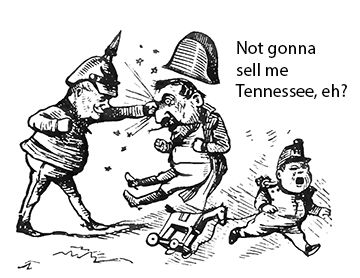When budgeting are you a "whisperer" or a "prayer"?
One day a friend and I were looking for a good way to burn an hour or two and we had the fantastic idea to play the legendary board game Monopoly. I imagine that the executives at Parker Brother’s probably have a team of lawyers that specialize in the field of divorce and assault, because no matter how you run the equation, at the end of a game of Monopoly somebody is going home with a black eye.
Monopoly is anything but a passive game of chance, it’s a game of pure aggressive strategy. The merciful might as well throw in the towel because this just isn’t a game for them. Monopoly is a great reflection of real life, that is why it’s so hard! Often the way that someone plays Monopoly is a great key indicator of how they conduct their own personal finances. Do they drop fat stacks and bank on the miracles? Are they stingy and hoard their cash? Or do they seem to know something that you don’t? Some sort of “cash-whisperer”.
Although winning a round of Monopoly is great, becoming cash-whisperers in life is the real win. For this blog I’ve done some research into the dirty little b-word. Budgeting, like Monopoly is all about planning. Proper planning is the difference between a great offense and a “hail Mary and pray” kind of game play.
Here are just a few simple tips that I’ve found the be extremely helpful.
 Keep record of incoming and outgoing transactions including savings: you can and should know exactly how you’re spending and how much you’re making.
Keep record of incoming and outgoing transactions including savings: you can and should know exactly how you’re spending and how much you’re making.
Measure them on a monthly basis. Use your monthly statements from your bank. Make sure you also keep track of how you’re using your cash, or if somebody pays you in cash make and keep a record of that.
Group up expenses: categorize all of your expenses, and put a monthly cost for each category. For example, your category can be “Transportation” and it’s costing you a total of $335 ($200 a month on a car payment 120/month on fuel, and 15/month on maintenance).
Trim fat: What can you drop? What don’t you need? Often a $3.50 dollar coffee or energy drink in the morning doesn’t seem like much but, if we’re drinking one every weekday (261) that’s $913.50 a year. If we follow that pattern that’s almost $10,000 in ten years. Although we might not all be habitual coffee drinkers, we all have something that we can drop.
Donate generously: Other than simply feeling better about yourself. Donating a set percentage of your hard earned cash regularly has many benefits. One of the most beneficial is the clarity of mind. Too many people define their success with how large their bank account is. If your goal is to obtains a certain amount of money, your desire will never be satisfied. You’ll get caught in an “I’ll be happy when..” state of mind. Donating regularly helps us see that money is not a goal, rather it is a means to achieve a goal.
CONCLUSION:
What Monopoly and real life have in common is that passively playing isn’t going to cut it. Proper financial planning and analyzing the past is going to help us obtain that “cash-whisperer” sixth sense.
